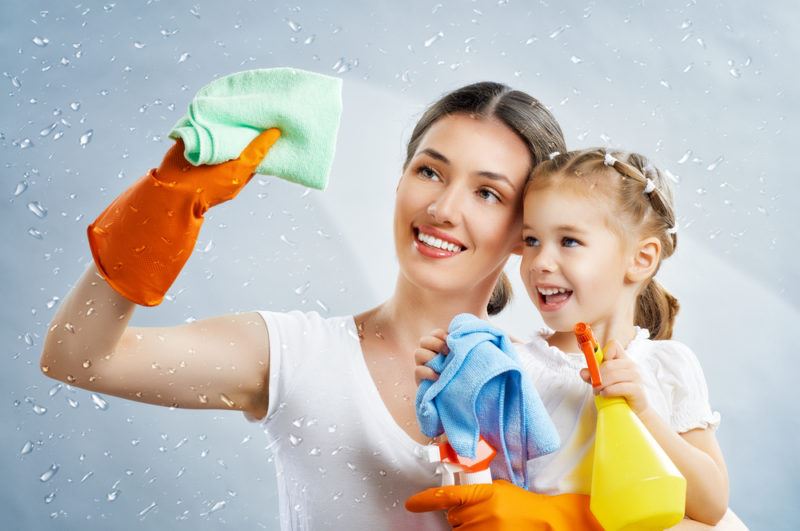
During the fall season in Lubbock, Texas, many plants are still blooming, causing allergy-sufferers to continue feeling the symptoms. Although the cool nighttime breezes are pleasant, the increase in allergens can make fall feel like torture. Fight fall allergies with your HVAC system by following these helpful tips.
Change the Filter
At the change of each season, make sure to change the filter in your heating and cooling system. This filter helps reduce the number of allergens and contaminants that can move into the ducts. When it’s clogged with debris, the air moving through the system will allow these contaminants to move into your ducts, resulting in poor indoor air quality and potentially worsening allergic symptoms. The air filter can prevent allergens from circulating in your home, especially if you choose one with a higher minimum efficiency reporting value (MERV) rating or a HEPA-rated unit. These specialized filters trap smaller particles.
For severe allergies, you may want to change the filter more frequently, but check what you have in your system before you stock up. Newer, more efficient units often use larger filters that only need to be replaced every six months or so.
Adjust the Thermostat
If you’re in the habit of letting the indoor temperature drop significantly, you may want to rethink this strategy. Although it may feel pleasant to have a cool home, cold air can actually aggravate your airway and nasal passages, resulting in allergic symptoms like congestion and a runny nose. Try to keep your home’s indoor air at about 70 degrees throughout the changing seasons to prevent it from getting too cold.
Humidity
Excess humidity can also cause problems for those who suffer from fall allergies. Although the moisture levels start to drop a bit during the fall, the air is still humid, which can increase the risk of biological growth in your home. Since many people suffer from allergies to this type of growth, the spores in the air can cause significant reactions.
Keep your air conditioning system running when it’s humid to remove some of the excess moisture from the air. If that’s not managing the problem sufficiently, consider using a dehumidifier in the home. The moisture level should remain between 30 and 50 percent to prevent problems with dry air.
Clean the Ducts
Regular duct cleaning service can make a big difference in the quality of your indoor air. The pollution levels of indoor air are often much higher than what you breathe outside, so keeping up with this important aspect of HVAC maintenance can keep your air healthy and safe to breathe. Professional duct cleaning services will remove any built-up dust, dirt, pollen, dander, pet hair, and other debris that may be causing your allergies to flare up.
Keep it Clean
Along with keeping your HVAC system and its ducts clean, it’s important to keep your home clean and free from dust and debris. Wash your bedding regularly in hot water and use covers on your pillows and mattress to ensure that your bed is an allergy-free zone. If you suffer from allergies to pet dander, try to keep your pets out of the bedroom and off the furniture. You may want to consider replacing carpet with hard flooring that won’t trap allergens as well.
Rely on the HVAC
It’s always tempting to take advantage of the fall breezes by opening the windows and doors in your home, but this habit can make your allergies much worse. Leaving the windows open when you sleep is one of the worst things to do when you suffer from allergies since all the contaminants from outside will come into your bedroom and settle in your bedding, carpeting, and window coverings.
Instead of opening the windows, rely on your HVAC system to keep the air flowing. Since it contains a filtration system, the HVAC can keep allergens from circulating throughout your home and causing symptoms to worsen.
At Sinclair Heating, Cooling, Plumbing, Inc., we provide a number of cooling and heating services to improve the indoor air quality in your home, so give us a call today at 844-749-2665.
